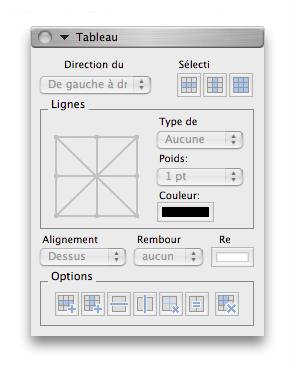


- #MELLEL WORD PROCESSOR ANDROID#
- #MELLEL WORD PROCESSOR SOFTWARE#
- #MELLEL WORD PROCESSOR PROFESSIONAL#
- #MELLEL WORD PROCESSOR SERIES#
For *bold* just enclose the word in asterisks. Want a heading? Just put a # at the front of a line. John Gruber developed markdown with the goal of enabling writers to mark up text around these basic requirements that looks as close as possible to what it will look like in the end. I accomplish these things using lightweight markup language called MultiMarkdown. However minimal you want to get there are a few things you’ll still need to do: headings, italics, blockquotes, and footnotes. The thing I like best about plain text is the uncluttered ethos – it’s just about the content, putting words on paper. And I will almost certainly be able to open it on whatever we have instead of computers in 30 years.
#MELLEL WORD PROCESSOR ANDROID#
Plain text is nice because I can open a document on my iPhone, android tablet, random computer in an internet cafe while I’m doing fieldwork, you name it. If it’s really just the words on the page that matter, why not let someone else do the heavy lifting in terms of making it look pretty? The plain text approach puts content in the centre, aims to make markup as lightweight as possible, and leaves the formatting to the end (i.e.

So these good folks started to scratch their heads and ask why exactly we spend so much time trying to fix messed up fonts, margins, bullet lists etc.
#MELLEL WORD PROCESSOR SOFTWARE#
Who’s to say that in 2025 Microsoft will still be developing Word? Or that you’ll have any way to open those Mellel files? Betting your prime intellectual property on the goodwill of software developers is not a good idea. The current version of Microsoft Word has dropped importing tools for older (let’s say pre-2005) file formats. To explain why this is significant, I should note that every once in a while I get an email from a former teacher or colleague who has an old cache of documents they wrote on some ancient word processor in the 1980s (usually word perfect) – let’s say they’re hoping to release a new revised edition of a monograph – but they can’t open the files because let’s be honest, we all threw out our floppy disk collection with those word perfect discs about ten years ago. In case you haven’t been in the loop on this change in digital writing culture, a large group of writers over the last few years – led primarily by software developers – decided to stop storing their writing in proprietary formats. They’ve since developed an iOS app (haven’t tested this yet), but in order to access my writing anywhere at any time I made the decision to jump on the “plain text” bandwagon. At the time I was using Mellel, it just wasn’t portable. Mellel also has (in my experience) extremely simple integration with several popular MacOS reference managers, Bookends and Sente. If you decide to resubmit that journal article to another publisher and they have a different format for headings? No problem, just modify the style for headings. and then Mellel does its best to apply consistent formatting to your text based on those styles. title, paragraph, blockquote, citations, etc.
#MELLEL WORD PROCESSOR SERIES#
You set-up a series of basic styles, i.e. Perhaps most importantly, it never crashed on me once in three years of intensive use.
#MELLEL WORD PROCESSOR PROFESSIONAL#
I wrote my masters thesis in Mellel, a product which advertises itself as “The Word Processor for Professional Writers” and it is pretty good. So, I went shopping for a new tool a few years ago. I’m not a typesetter – I don’t need to set weird margins, add tab stops, adjust page width, change line spacing, or use a bunch of different fonts. Also, I can’t lug a laptop around everywhere with me, sometimes I think of the perfect sentence to add to my last paragraph while I’m on the bus home and only have a smartphone. When I’m writing, I’m already really susceptible to distractions and it takes a lot of willpower to stay the course and put words down on paper. However, for a professional writer, Word just has way too much going on. No, I’m not one of those default Microsoft haters – one of the original developers of MS Word is a close friend of mine – it’s a decent product that was a superior option in the early days. I wrote my undergraduate thesis (back when 30k words seemed like a big deal!) in Microsoft Word.


 0 kommentar(er)
0 kommentar(er)
